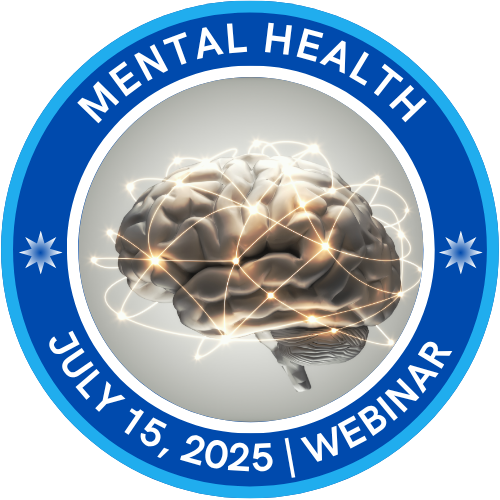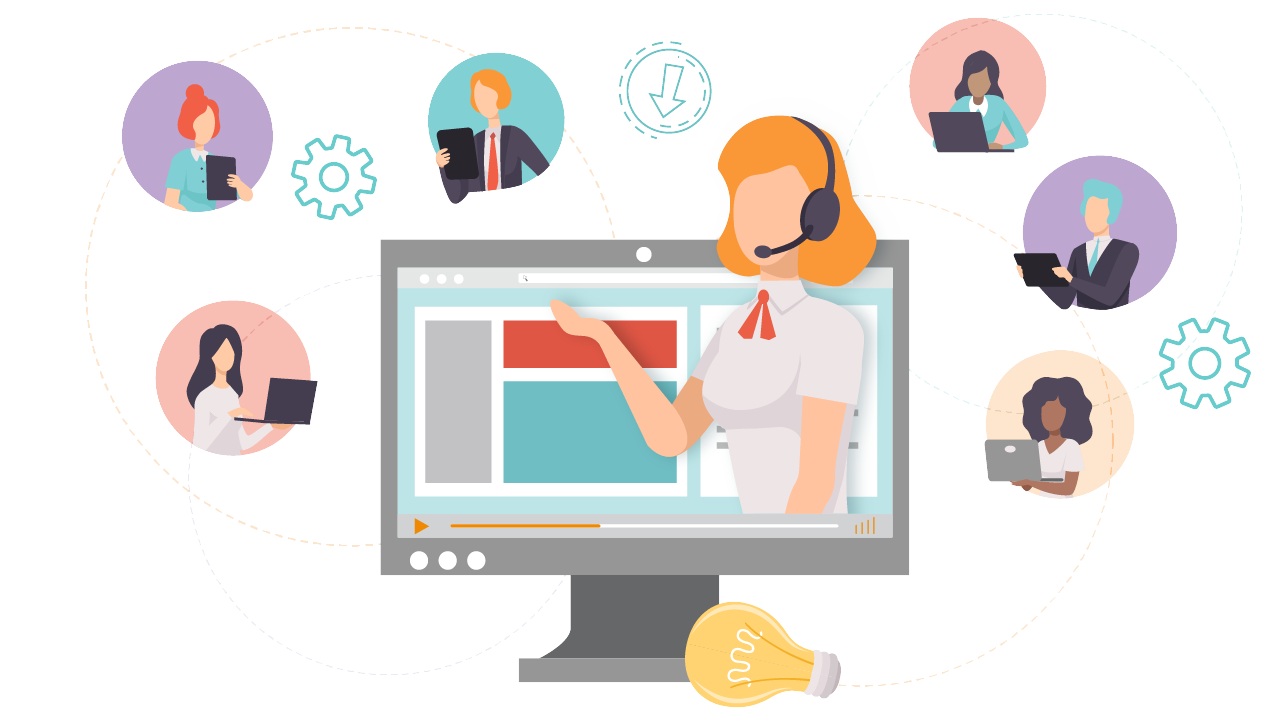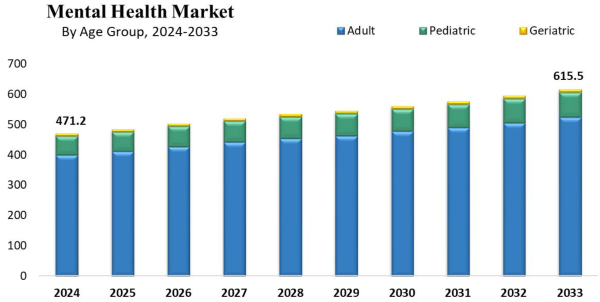Welcome to the Mental Health and Wellness 2nd Webinar, presented by Globalmeetx, taking place on July 15, 2025. We are honored to have you join us for this vital event, where we will delve into the latest research, practices, and innovations in mental health care.
Over the course of the webinar, you'll engage with leading mental health professionals, researchers, and advocates from around the globe. Together, we will explore evidence-based strategies, share transformative insights, and promote collaborative approaches to improve mental well-being for individuals, families, and communities worldwide.

A Mental Health 2nd webinar is a professional forum designed to bring together mental health practitioners, researchers, educators, and advocates from across the globe. These events serve as a platform to share emerging knowledge, discuss critical challenges, and foster collaboration to advance mental health care and awareness.
Topics explored during the webinar span across mental health prevention, diagnosis, treatment innovations, and policy development-addressing the needs of individuals across all age groups and backgrounds. From clinical best practices to community-based interventions, the discussions aim to equip attendees with tools and insights to support holistic mental well-being.
This track offers a foundational understanding of mental health and wellness, exploring the dynamic interplay between emotional, psychological, and social well-being. It highlights how mental health affects thoughts, behaviors, and relationships, and addresses common myths and stigmas. Participants will gain insight into the importance of early support, healthy coping strategies, and the continuum of mental wellness from thriving to struggling.
Participants will learn how to recognize the signs and sources of stress while developing practical tools to manage it effectively. This track emphasizes the development of resilience—the capacity to recover from challenges and adapt positively. Techniques such as time management, relaxation exercises, and cognitive reframing are explored to empower individuals to maintain stability in the face of adversity.
Focusing on the art and science of present-moment awareness, this track introduces mindfulness and meditation practices that enhance emotional regulation and reduce anxiety. Attendees will engage in guided meditations and learn techniques that promote clarity, focus, and a deeper connection to oneself, ultimately fostering a more centered and peaceful life.
This session explores how nutrition, sleep, physical activity, and daily habits directly influence mental well-being. Evidence-based recommendations on balanced eating, sleep hygiene, and exercise routines are provided, along with strategies for creating and maintaining a wellness-oriented lifestyle that supports both body and mind.
Emphasizing the importance of intentional self-care, this track guides participants through identifying personal needs and developing a sustainable wellness plan. Topics include boundary-setting, energy management, emotional literacy, and creating routines that nurture psychological health and long-term balance.
This track delves into the effects of trauma on mental and physical health, including the concepts of trauma-informed care and post-traumatic growth. Participants will explore healing pathways such as therapy, body-based practices, and community support while learning to recognize trauma responses in themselves and others with compassion and sensitivity.
Designed specifically for young people and those who support them, this session addresses the unique mental health challenges faced during adolescence. It includes guidance on identity formation, peer pressure, emotional expression, and seeking help, along with strategies for fostering resilience and emotional literacy in youth.
This track explores the distinct mental health experiences and challenges often faced by men and women due to biological, social, and cultural factors. Topics include gender norms, hormonal influences, access to support, and stigma around emotional expression, aiming to foster understanding and gender-sensitive care approaches.
Addressing the compounded stressors of discrimination, socioeconomic barriers, and systemic inequality, this track highlights the mental health needs of marginalized populations. It emphasizes culturally competent care, advocacy, and community-based interventions, aiming to promote equity and healing in underserved groups.
Exploring the intersection of spiritual belief and psychological wellness, this track invites participants to consider how meaning, purpose, and connection to something greater can support emotional health. Various spiritual practices, including prayer, reflection, and ritual, are discussed as tools for coping and growth.
This critical session equips individuals with the knowledge and skills to recognize mental health crises, offer immediate support, and connect people to professional help. Topics include risk assessment, safety planning, communication techniques, and the importance of nonjudgmental listening and early intervention.
Based on the principles of positive psychology, this track explores what truly makes people happy and how positive thinking can reshape our mental landscape. Attendees will learn about gratitude, optimism, strengths-based living, and cultivating joy as pathways to greater life satisfaction and psychological resilience.
Participants will discover the therapeutic benefits of connecting with nature, including reduced anxiety, enhanced mood, and improved cognitive function. This track introduces eco-therapy practices such as forest bathing, gardening, and wilderness retreats, promoting harmony between human well-being and the natural environment.
Focusing on the brain's health and performance, this session presents strategies to boost memory, attention, and mental agility. Topics include brain-healthy habits, neuroplasticity, cognitive training tools, and the importance of lifelong learning and intellectual curiosity in maintaining mental sharpness.
Whether it's a career change, retirement, loss, or parenthood, life transitions can profoundly impact mental well-being. This track provides support for navigating these periods with grace and resilience, highlighting tools for emotional regulation, meaning-making, and adapting to change.
This forward-looking track explores how digital tools-from mental health apps to teletherapy-are transforming access and care. It also addresses the challenges of screen time, digital burnout, and social media, helping participants create healthier tech habits while leveraging innovation for their mental well-being.

Our webinars are thoughtfully designed to deliver value to a wide range of individuals. Whether you're looking to grow your skills, explore new opportunities or gain insights from experts, here's who will benefit most from attending:

In a world where knowledge is power, webinars have emerged as one of the most accessible and impactful ways to learn, grow and connect. Don't miss the chance to learn, grow and connect in ways that truly matter.

Registering for a webinar is essential to gain access to the unique opportunities and secure a chance to grow, connect and gain insights that can drive your personal and professional success. Webinars are more than just online meetings, they're gateways to knowledge, innovation, and growth.

Global Mental Health Market size was valued at USD 407.1 billion in 2023 and is poised to grow from USD 424.99 billion in 2024 to USD 596.4 billion by 2032, growing at a CAGR of 4.4% during the forecast period (2025-2032).
Growing awareness regarding the importance of mental health around the world is projected to primarily drive the mental health market growth. Adoption of poor lifestyles has led to increased episodes of hypertension, anxiety, and stress. All these factors are negatively impacting mental health and resulting in mental health disorders thereby creating a high demand for mental health solutions and services. Growing integration of mental health with primary care around the world and rising availability of novel mental health treatments are also expected to create new opportunities for mental health companies going forward. Telehealth and digital therapies are also responsible for bolstering the demand for mental health solutions and services on a global level. North America is forecasted to be the leading market for mental health companies on a global level. On the contrary, social stigma regarding mental health issues, dearth of skilled mental health professionals, and limited access to mental health care in developing and underdeveloped countries